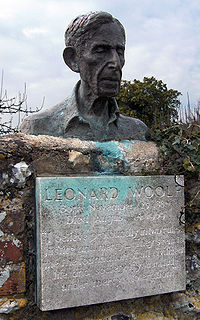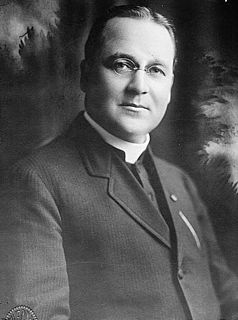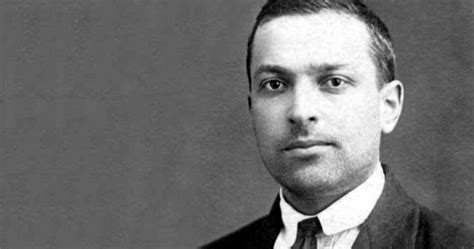A Quote by Joseph A. Schumpeter
To realize the relative validity of one's convictions and yet stand for them unflinchingly is what distinguishes a civilized man from a barbarian.
Quote Topics
Related Quotes
I have a hard time taking myself seriously. My band the New Pornographers doesn't take me seriously, which is why I love them. We can't stand up there and pretend. What we're doing is really important to me and it's my job and I love it, but I can't just stand there unflinchingly noble in front of the audience.
It is characteristic of the barbarian ... to insist upon seeing a thing "as it is." The desire testifies that he has nothing in himself with which to spiritualize it; the relation is one of thing to thing without the intercession of the imagination. Impatient of the veiling with which the man of higher type gives the world imaginative meaning, the barbarian and the Philistine, who is the barbarian living amid culture, demands the access of immediacy. Where the former wishes representation, the latter insists upon starkness of materiality, suspecting rightly that forms will mean restraint.
Everybody was talking about the religious man who committed suicide. While no one in the monastery approved of the man's action, some say they admired his faith. Faith?" said the Master. He had the courage of his convictions, didn't he?" That was fanaticism, not faith. Faith demands a greater courage still: to reexamine one's convictions and reject them if they do not fit the facts.




































